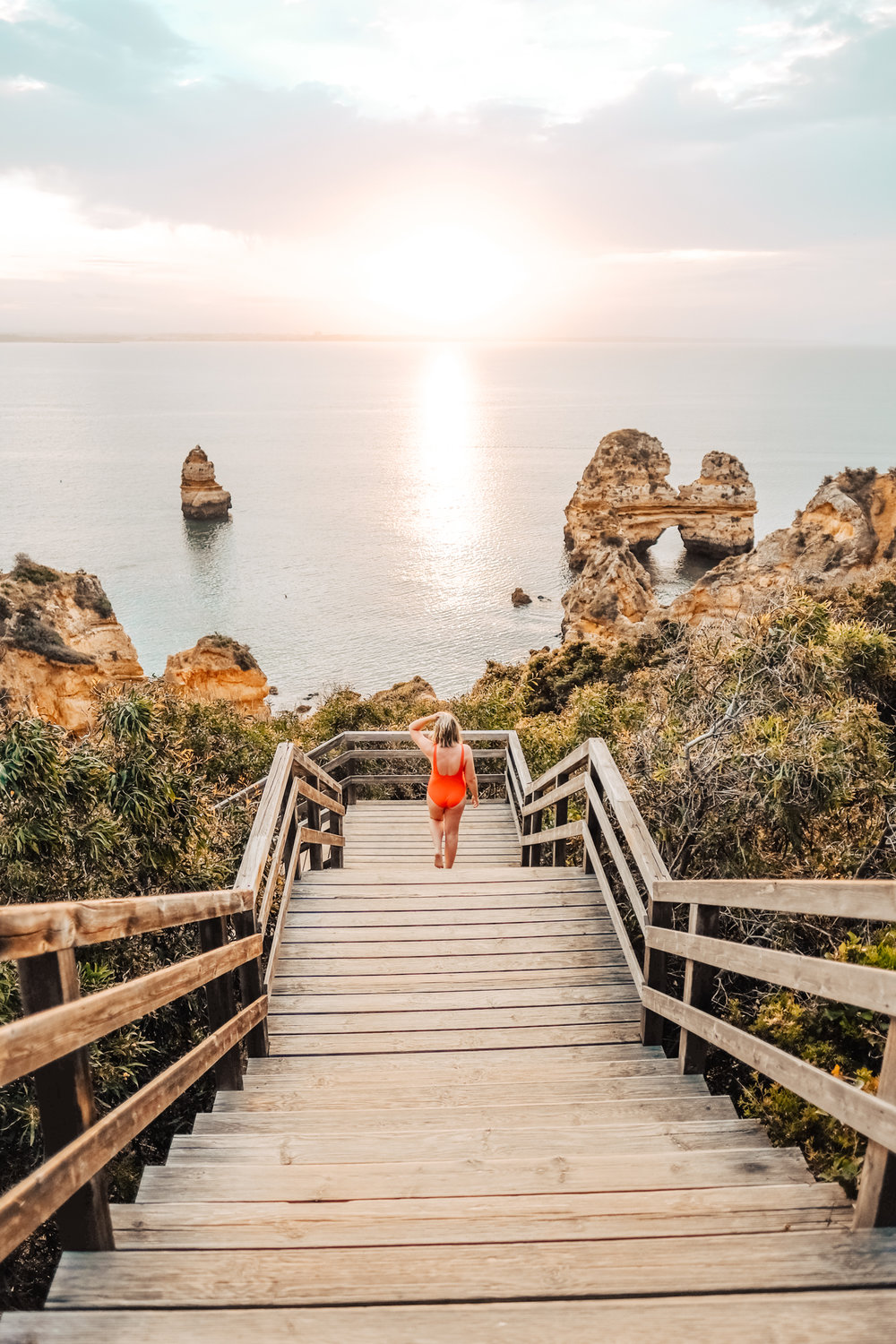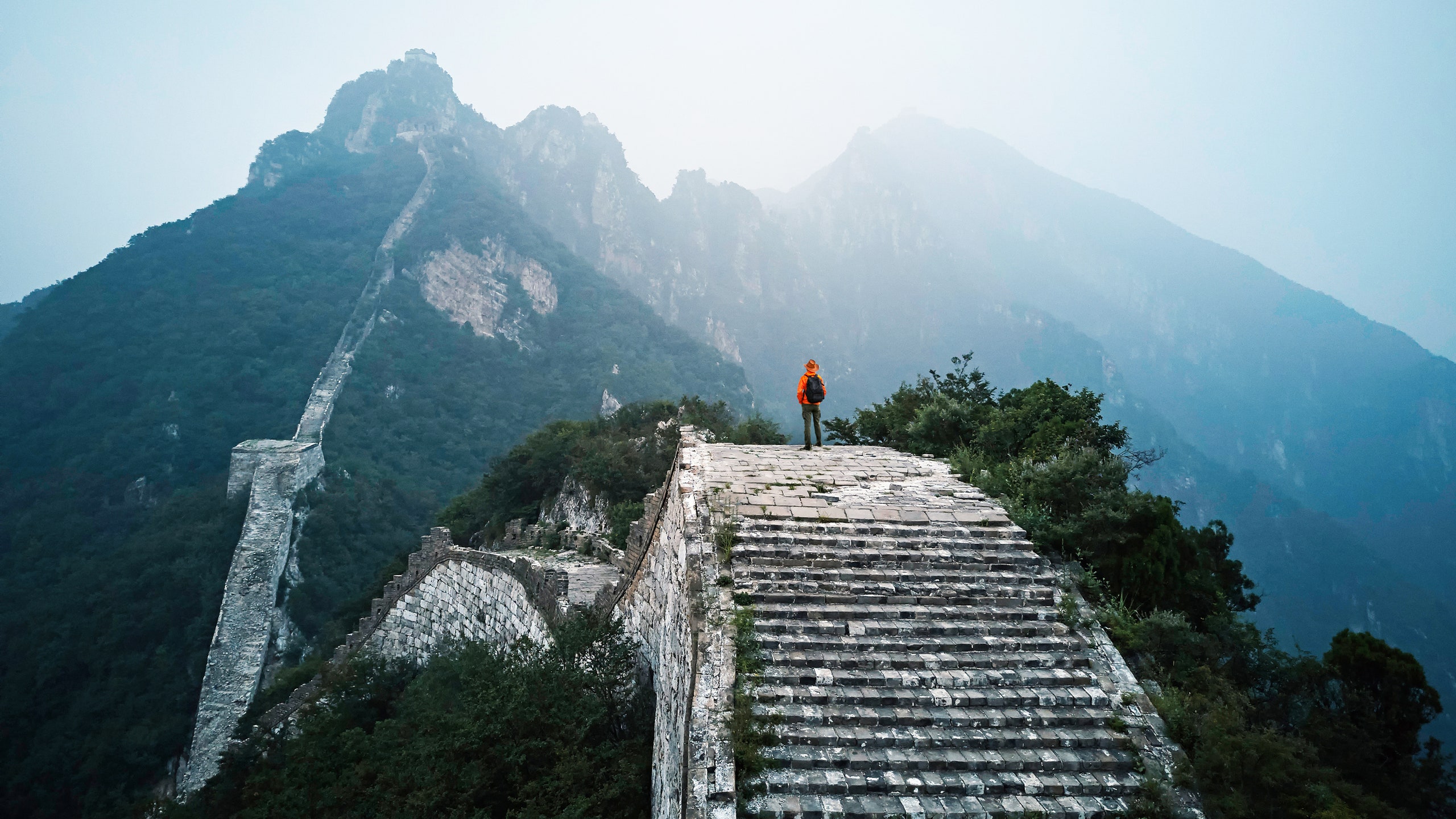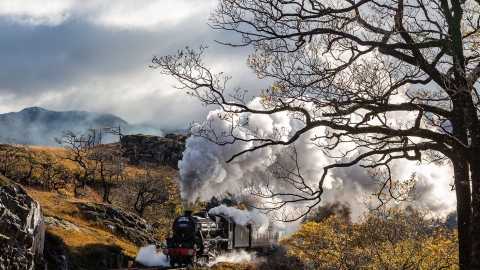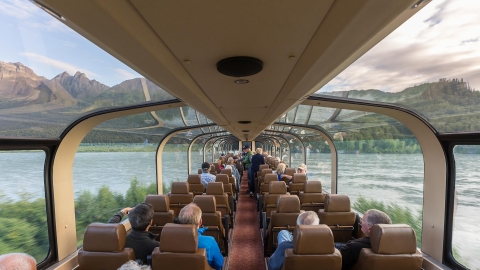Backpacking trend
Travel around the world has existed for centuries. But it wasn't until the 1950s and 1960s that backpacking became widely known. A land route between Europe and Southeast Asia, known as the "hippie trail," became popular with young people eager to travel but on a limited budget. The trail's popularity was so strong that Lonely Planet published its first guidebook, "Travel Asia on a Budget," in 1973.
Backpacking is often associated with the image of young people with large backpacks, staying in cheap hostels. They seek temporary jobs in the places they visit and connect with like-minded individuals to form travel companions. The development of low-cost airlines has given budget travelers the opportunity to travel further and faster.
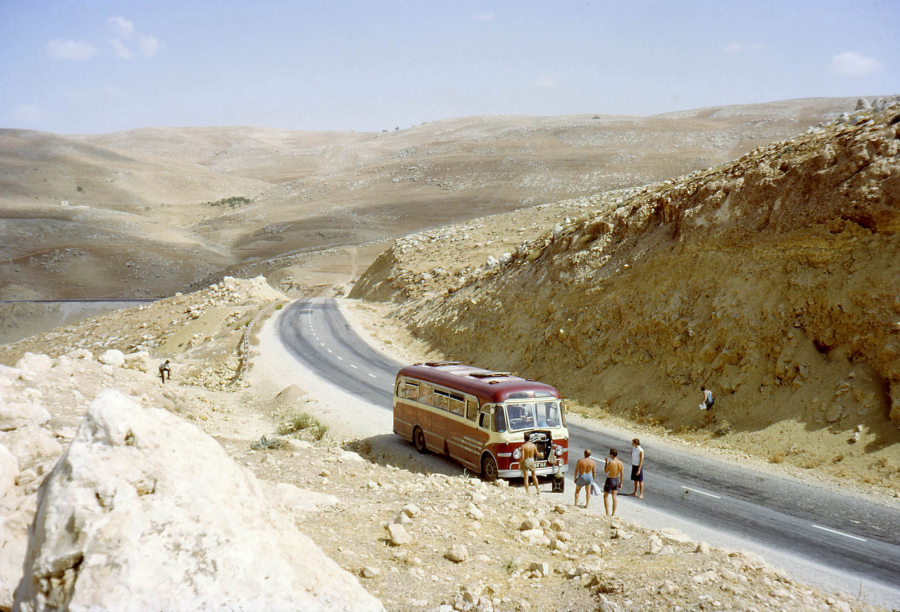
Hippie trails in the 1970s
Kash Bhattacharya, founder of BudgetTraveller, says he is a longtime backpacker. "Backpacking is a timeless concept. It's not difficult; all experiences are accessible. I've been backpacking for 20 years now, and the feeling of connection, humanity, and curiosity never stops, no matter how old I get," Bhattacharya expressed.
Sadly, everything came to a halt in 2020 because Covid-19 caused most countries around the world to close their borders. According to the International Air Transport Association (IATA), airlines lost a total of $157 billion in the two years from 2020 to 2021.
The cheap flights that many backpackers once took may soon become a thing of the past. Many travel experts believe that more and more destinations will require travelers to provide COVID-19 testing, which will be a significant expense for those who prefer budget travel and want to visit many places. Therefore, even as the world begins to move forward again, backpackers will struggle to find new ways to travel.
Backpacking budget
Although backpacking is a low-cost form of independent exploration, no one can deny that backpackers bring in significant revenue for the tourism industry. According to data from the World Federation of Educational and Student Travel (WYSETC), 45 million backpacking trips are undertaken each year. The average cost per trip in 2017 was $4,000.
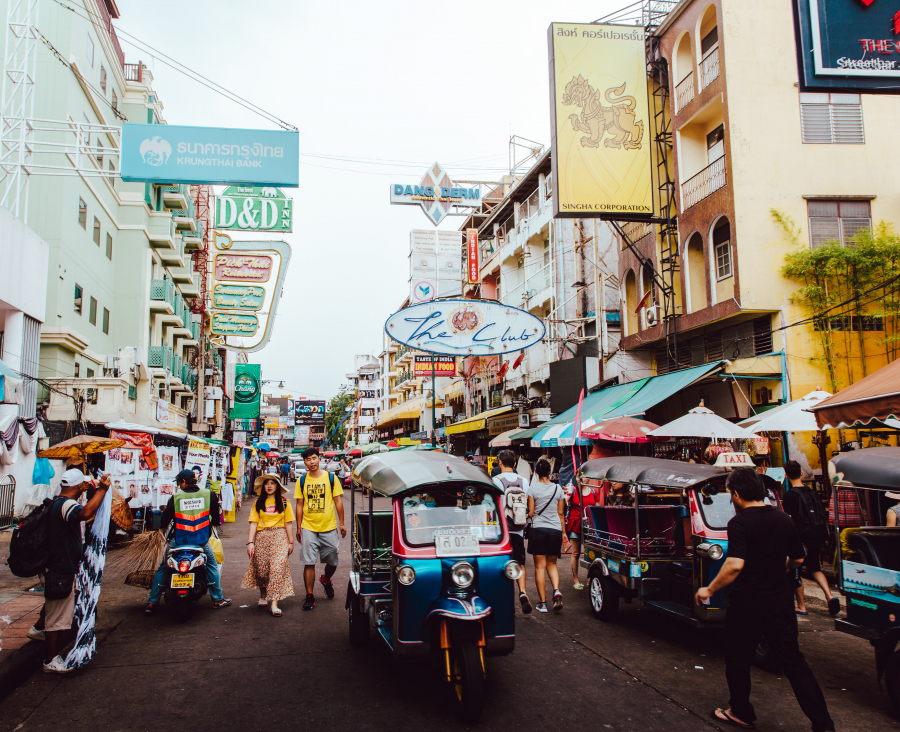
Khao San Road in Bangkok (Thailand)
Southeast Asia is one of the most popular destinations for backpackers. Thailand is perhaps the top name that comes to mind, with over 20 million visitors to Bangkok each year – a large portion of whom flock to Khao San Road, one of the most famous streets for backpackers. This sleepless street, lined with bars, restaurants, and street vendors, has been quiet for months since Thailand closed its borders in April.
According to Bangkok Deputy Governor Sakoltee Phattiyakul, international tourists account for at least 90% of visitors to Khao San. The situation is extremely difficult without foreign tourists, to the point that the government has launched the "Go to Khao San 2435" project to attract more people to the area.
But the question most people are asking is whether a city like Bangkok, already overcrowded before the pandemic, really wants to welcome backpackers back?
Unwelcome guests
According to many, backpackers have been associated with negative behavior for many years. Australia, a top destination for backpackers, seems to be gradually discouraging these visitors.
In 2017, a controversial "backpacking tax" was introduced in Australia, meaning that those visiting on working holiday visas could be taxed up to 15% – while Australian workers have a tax-free income threshold of $12,500.
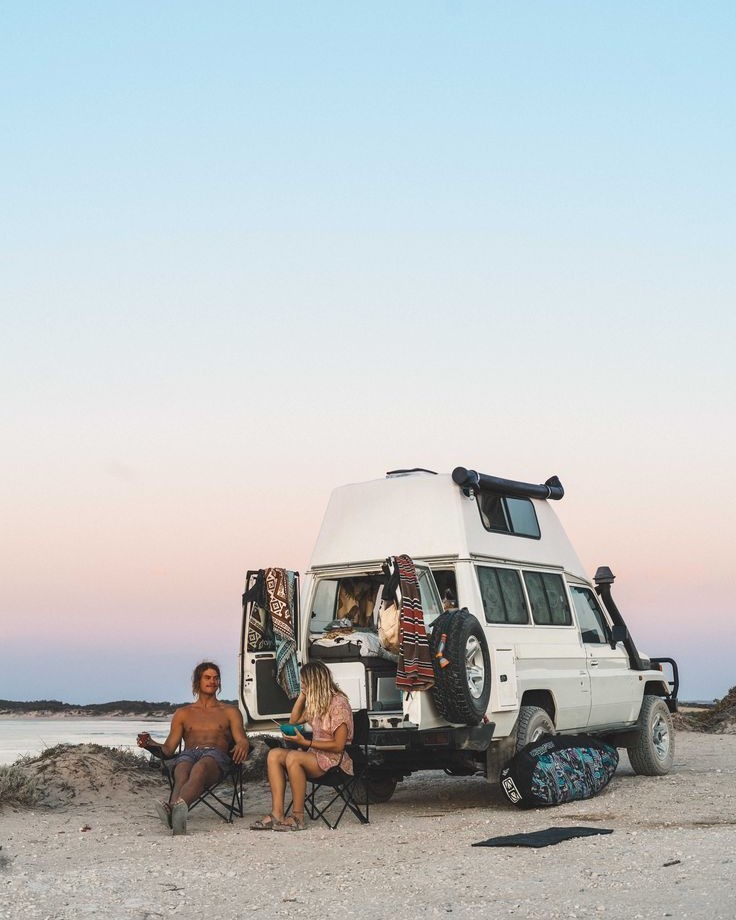
In 2017, Australia introduced a controversial "backpacking tax".
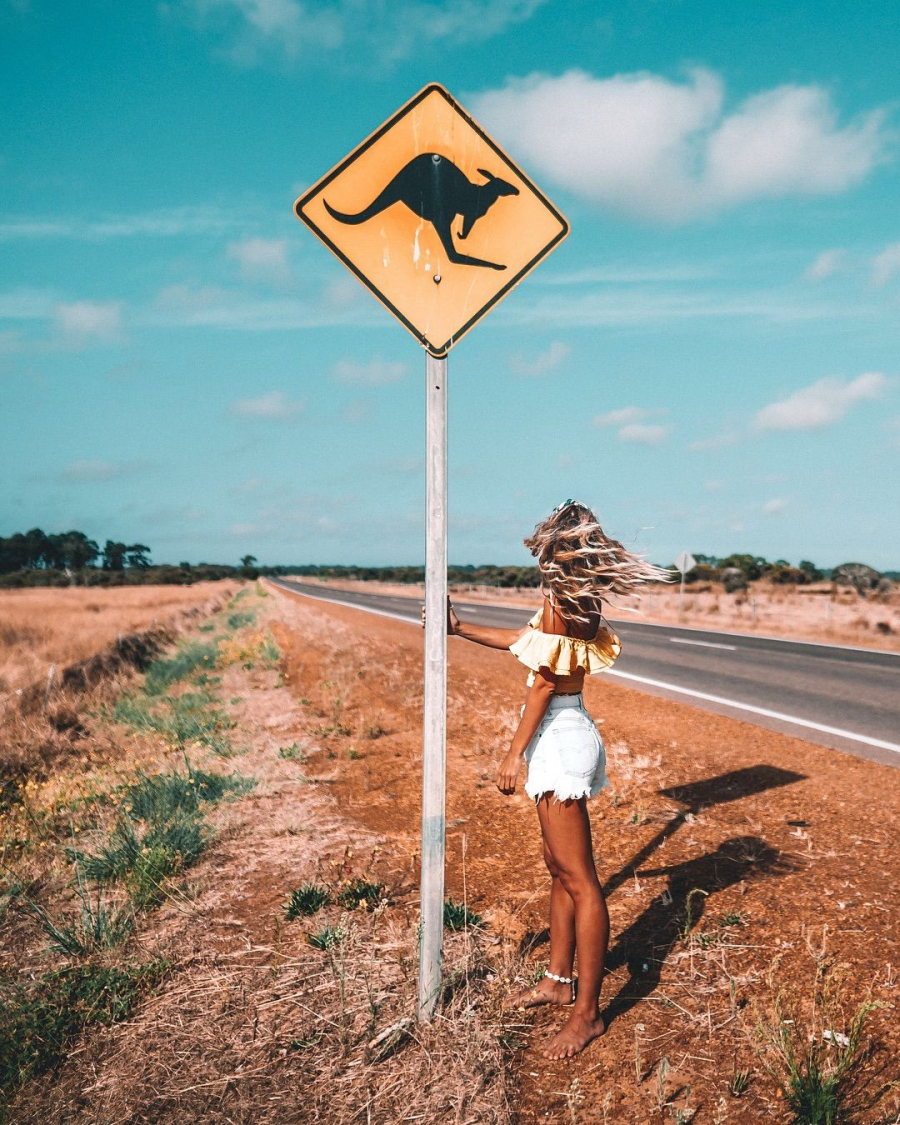
This remains a top destination for backpackers.
Denis Tolkach, an assistant professor at the School of Hotel and Tourism Management at Hong Kong Polytechnic University, said: "Most destinations are focusing on the high-spending market segment. Backpackers tend to explore remote areas, shop for products, and interact directly with locals. But if it becomes too crowded, they can harm the environment, culture, and local communities due to their partying habits and inappropriate behavior."
Another question arises: Given the impact of Covid-19, will destinations become so concerned about backpackers that they may not welcome them back permanently?
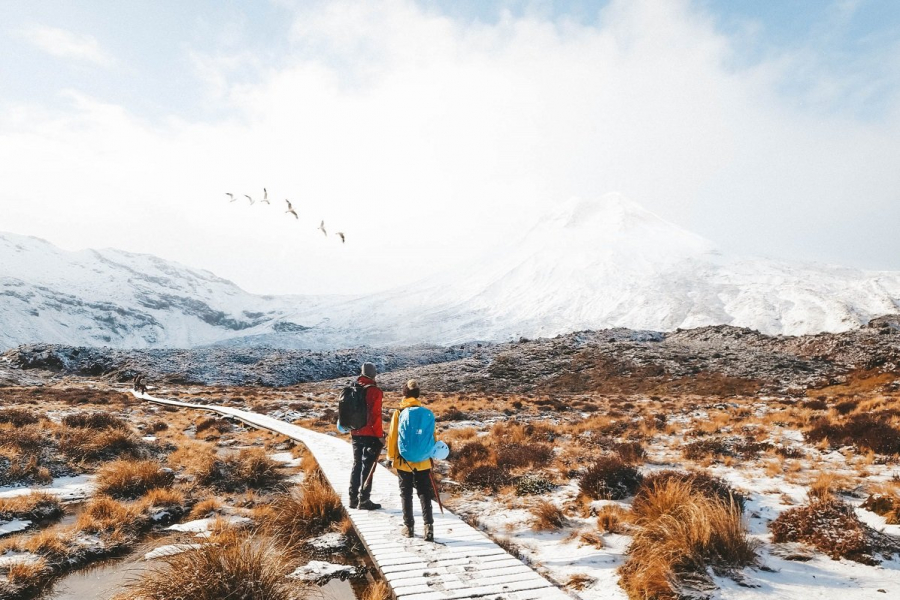
Before the pandemic, young travelers accounted for 25% of visitors to New Zealand.
Stuart Nash, New Zealand's Minister of Tourism, a haven for backpackers, suggests that the land of the kiwi bird could target "high-net-worth" customer segments in the future.
But Jenni Powell, chair of the Young Travelers and Adventurers Association, disagrees. Jenni emphasizes that backpackers contribute to New Zealand in many different and very positive ways. Their contributions have been overlooked. Before the pandemic, young travelers accounted for 25% of visitors to New Zealand, bringing in $1.5 billion for the economy.
According to Jenni, backpackers visit more places across the country and stay longer. This is good for seasonal growth. She believes that backpacking will be the first form of tourism to recover after the pandemic is under control, due to the younger generation's resilience in the face of crises.
A decaying ecosystem
The Youth Hostels Association in England and Wales, a non-profit organization with over 150 hostels, has been in operation for 90 years and reports annual revenue exceeding $75 million. However, in 2020 alone, their income fell by 75% – the biggest challenge they have ever faced. The head of the organization stated that they have never had to close an entire network of hostels like they have now.
Meanwhile, many other small, privately owned guesthouses have had to close down, while others have been dissolved permanently.
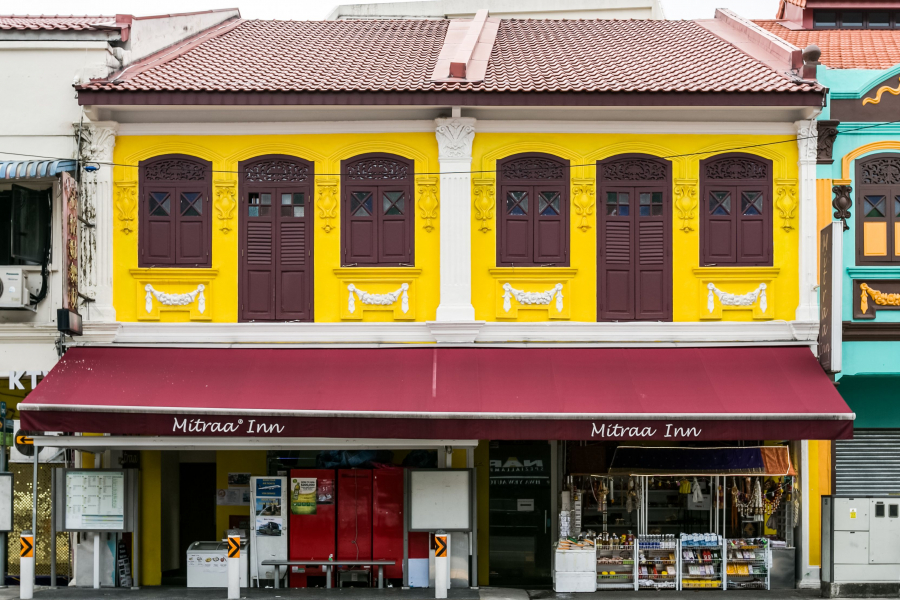
Mitraa Inn in Singapore has been forced to close due to the impact of the Covid-19 pandemic.
Mitraa Inn, a lodging establishment in Singapore, unfortunately fell into the second category after more than 15 years in business. Viji Jagadeesh, the co-owner of the establishment, had to pawn his jewelry to raise enough money to refund canceled bookings and didn't even have enough money to pay the internet bill for the guesthouse.
Bhattacharya said: "Covid-19 caused many guesthouses to cease operations. Especially the smaller, independently run establishments, which in many ways represent the soul of the backpacker service industry. These guesthouses are not just a place to sleep, but represent backpackers in every city."
A ray of hope
Another struggling entrepreneur is Will Hatton, founder of the blog The Broke Backpacker and who runs backpacking trips to Pakistan, Iran, and Kyrgyzstan. His business was thriving before Covid-19, leading him to partner with others to open a hostel for backpackers in Bali, Indonesia.
In 2020, Will had to cancel many previously scheduled adventure trips, refund customers, and provide financial support to local partners. He said that 2020 was a really tough year for everyone in the tourism industry. All of his business ventures suffered heavy losses.
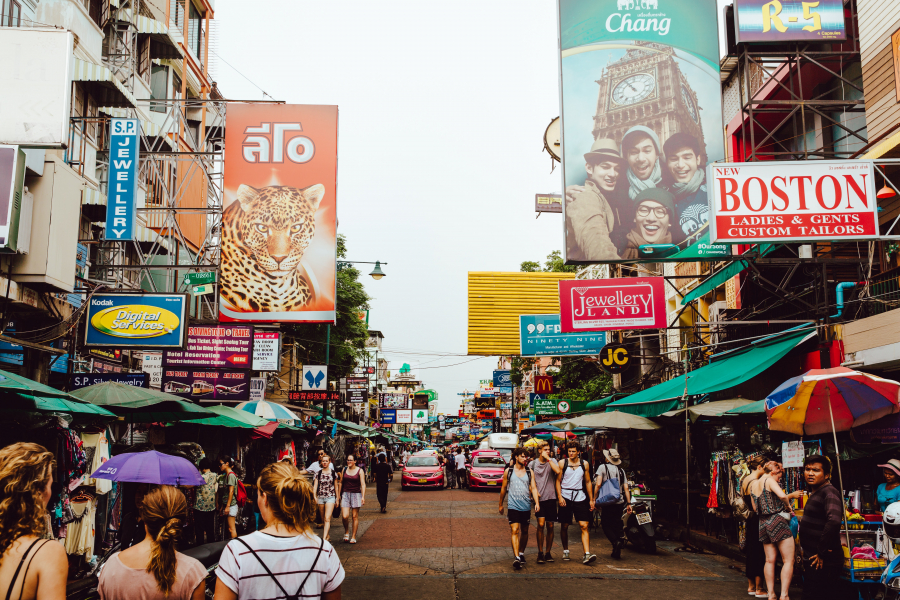
2020 was truly a difficult year for the tourism industry.
Nevertheless, Will believes the worst is over, the world has invented a vaccine, and many people's passion for travel remains strong. Will plans to open his guesthouse in March.
"I think Covid gave the world a chance to slow down a bit, reset, and hopefully we'll come back stronger and wiser from this experience. I really miss backpacking and can't wait to hit the road again," Will confided.

 VI
VI EN
EN



